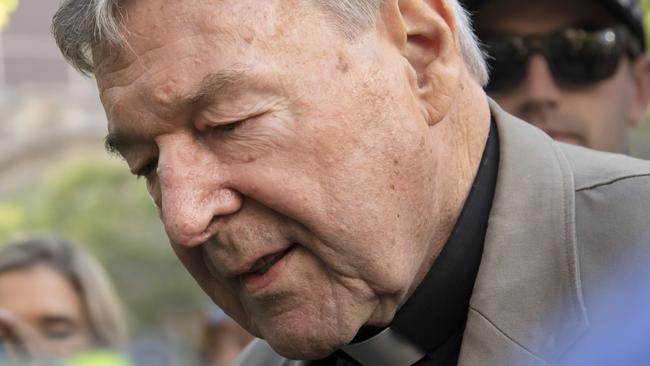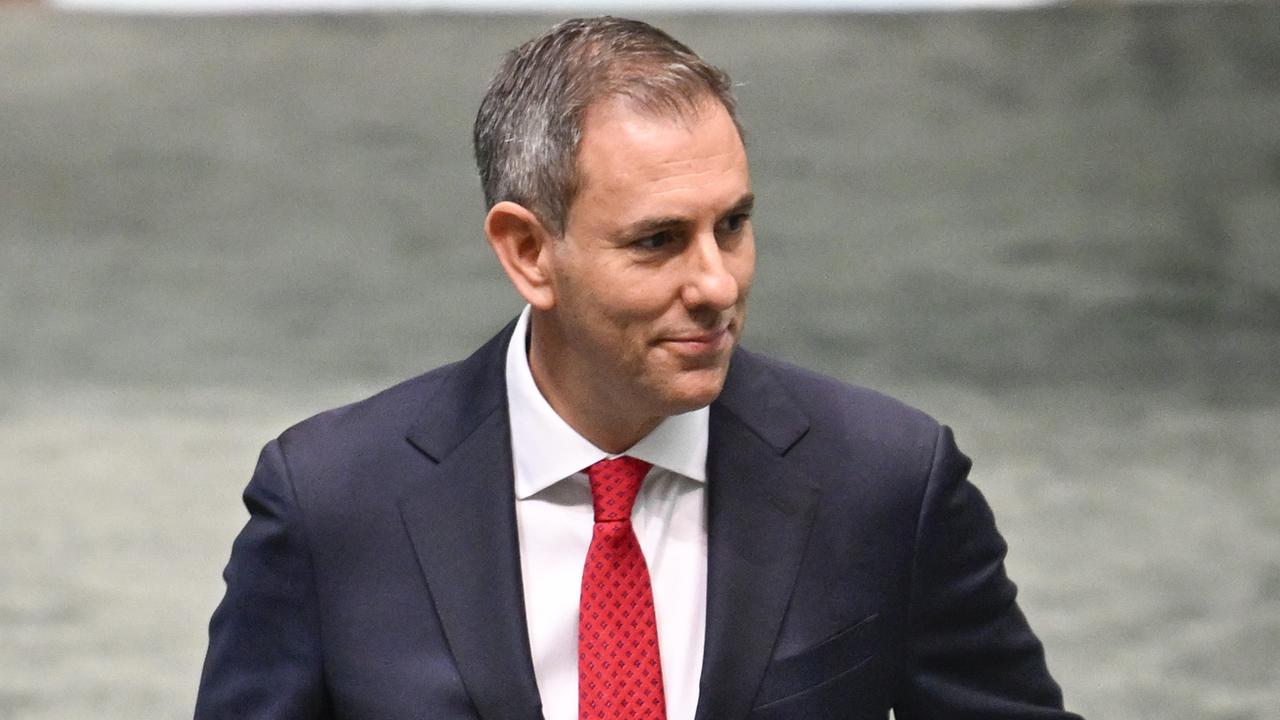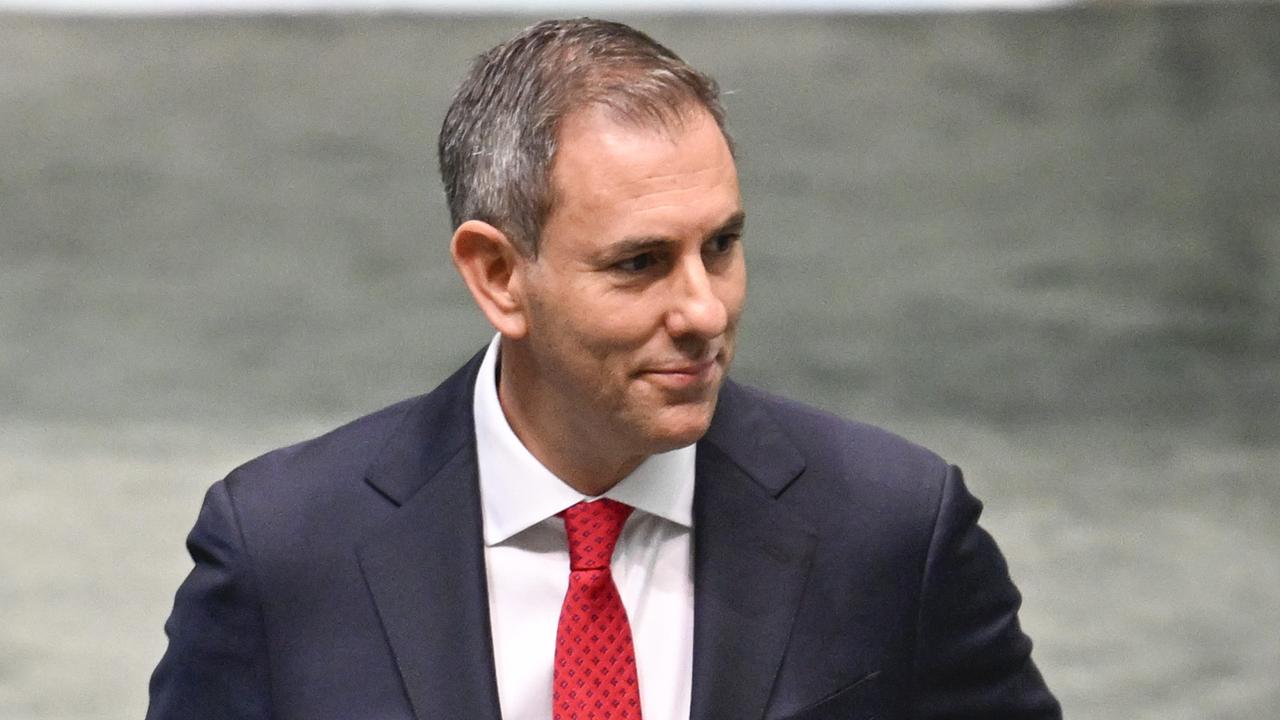Appeal judges tour Pell crime site
Three judges have examined the scene jurors saw ahead of Pell’s appeal hearing today.

Three Victorian Court of Appeal judges have visited the scene of George Pell’s sex crimes to examine what a jury saw before convicting him of multiple offences.
The judges visited St Patrick’s Cathedral in Melbourne last week to see the same parts of the church that the jury was shown before convicting Pell, 77, of multiple sex offences.
The tour, which was not publicised, was confirmed yesterday by the Supreme Court of Victoria and is believed to have included the sacristy, where the court found Pell assaulted two choirboys.
“The judges visited the cathedral to see what the jury had seen,’’ a court spokeswoman said.
“The visit was undertaken solely for the purpose of understanding the evidence that was considered by the jury. It was not new evidence.
“The judges were shown exactly the same parts of the cathedral as the jury had seen during their visit.’’
The visit is not believed to have occurred after Sunday mass, when the church choir gathers and when, in 1996, the jury found the worst offending occurred.
Pell will leave prison in handcuffs for the first time in months today as his defence team tries to have his convictions overturned.
Survivor groups warned yesterday the Court of Appeal hearing would serve as a trigger for sex abuse victims across Australia.
The court will today release submissions from the prosecution and defence, with the judges expected to quiz the parties on the fine detail of the case.
Three judges of the Court of Appeal will preside over the hearing: Supreme Court of Victoria Chief Justice Anne Ferguson, Court of Appeal president Chris Maxwell and Mark Weinberg.
Pell was convicted in December of a series of sex offences relating to choirboys at St Patrick’s in 1996 and 1997.
He has been held in solitary confinement for 23 hours a day awaiting the appeal, which could yet be referred to the High Court.
Today’s proceedings will be livestreamed on the Victorian Supreme Court website, in an unprecedented bid for openness and accountability for an appeal case of this kind.
The Blue Knot Foundation advocates for victims of trauma. Its president, Cathy Kezelman, said Pell’s six-year sentence, with a non-parole period of three years, eight months, was a crucial development.
“George Pell’s conviction of six years was a watershed moment, as it showed that no one is above the law,’’ she said.
“But the fact that there is a possibility of an appeal, and a possibility of overturning the conviction and the possibility of George Pell being released, will unsettle, anger and distress many.
“Questioning the validity of a survivor’s abuse history, and not being believed is an enormous trigger. Many survivors will identify with this strongly.”
The defence will be led by Sydney silk Bret Walker SC. The Office of Public Prosecutions has not said who will be leading, but Mark Gibson SC is expected to be present. Mr Gibson led the prosecution in the County Court.
Pell received sentences for one charge of sexual penetration with a child under 16 and four counts of indecent acts with, or in the presence of, a child under 16.



